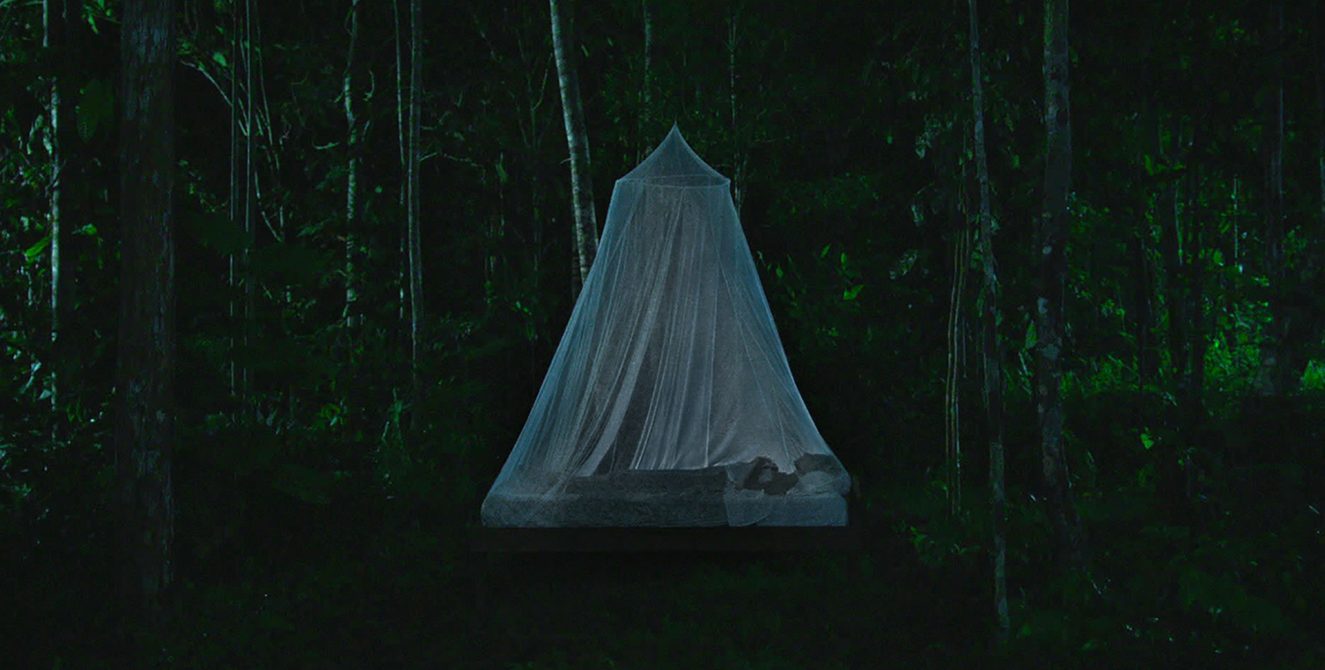ICAROS: A Vision
2016, 91 minutes, Digital
USA, Peru

Director: Leonor Caraballo, Matteo Norzi
Cast: Ana Cecilia Stieglitz, Arturo Izquierdo, Filippo Timi
Distributor: FACTORY 25
Looking for a miracle, Angelina lands at a healing center in the Peruvian Amazon where shamans minister to a group of foreign psychonauts seeking transcendence, companionship, and the secrets of life and death. Her perceptions altered by the ancient psychedelic plant known as ayahuasca, she bonds with Arturo, a young indigenous shaman who is losing his eyesight. In their hallucinogenic journeys together they attain a different sense of their destinies. She learns to accept her fears while Arturo, in turn, realizes that he will be able to see in the dark and sing his ceremonial healing songs, the icaros.
Filmmakers Leonor Caraballo and Matteo Norzi have deftly handled this drama by drawing from their own experiences, allowing for a uniquely stirring film that touches on the notions of friendship, familial bonds, and the fear of the unknown. Visually inventive and hypnotic in nature, Icaros: A Vision captivates with its meditative look at a little-seen world, punctuated by truly trippy depictions of ceremonial splendor.
Press
“Mesmerizing…You’ll come out of it with your head spinning, in a good way.” Critics Pick.
— Neil Genzlinger, The New York Times
“A rich and satisfying sensory experience.”
— John DeFore, The Hollywood Reporter
“Throughout, the filmmakers forge a distinctive tonality of lost, aching, and exultant sadness…Suggests nothing less than another dimension.”
— Chuck Bowen, Slant Magazine
“Never less than transfixing. A literal and psychological Heart of Darkness.”
— Nick Shager, Variety
“The hallucinatory power of ayahuasca and the incantatory lure of rituals fuse with existential dread in this darkly hypnotic drama….The directors, capture the induced hallucinations with a visual imagination of rare specificity and fury, in which pop-culture memories and exotic natural splendors converge with personal troubles and metaphysical transformations.”
— Richard Brody, The New Yorker
